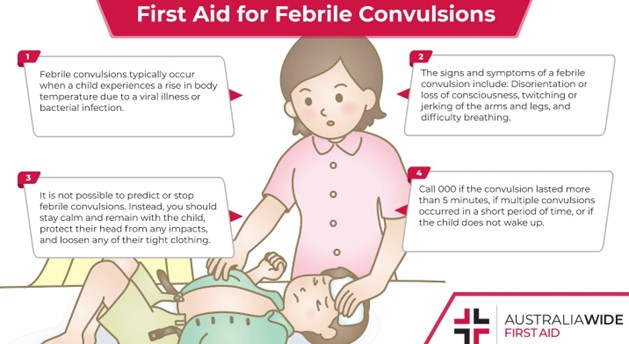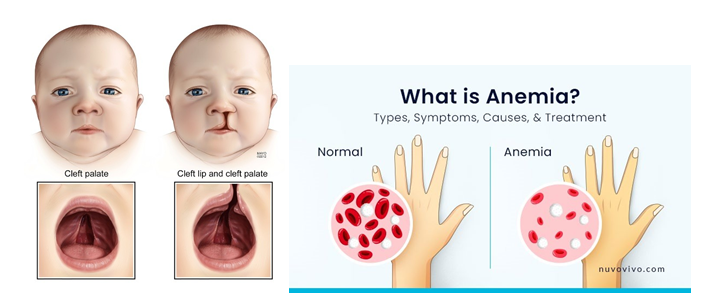The parents of a 14-month-old child who is hospitalized due to febrile seizures tell the nurse that they fear their child will have lifelong seizures. Which information should the nurse convey to these parents?
Ibuprofen should be used prophylactically to prevent febrile seizures.
Provide the child with a sponge bath for temperatures over 100.6°F (38.1°
Reassure the parents that febrile seizures decrease as the child grows older.
Avoid excessive visual stimuli because it can precipitate seizure activity.
The Correct Answer is C
The nurse should reassure the parents that febrile seizures typically decrease in frequency as the child grows older. Most children outgrow febrile seizures by the age of 5 years.
Ibuprofen is not typically used prophylactically to prevent febrile seizures.
Providing the child with a sponge bath for temperatures over 100.6°F (38.1° C) can help to lower the fever, but it will not necessarily prevent febrile seizures.
Avoiding excessive visual stimuli is not necessary for children with febrile seizures, as this type of seizure is triggered by a fever rather than visual stimuli.

Nursing Test Bank
Naxlex Comprehensive Predictor Exams
Related Questions
Correct Answer is A
Explanation
At the age of 3, children should be able to speak in simple sentences with a minimum of four words. This is a normal developmental milestone for this age group. Choices B, C, and D are not appropriate developmental milestones for speech and language skills for a 3-year-old child.
Correct Answer is C
Explanation
Answer: C. Red blood cell count of 2.3 cells/mcl or (2.3 x 10/L).
Rationale:
A. White blood cell count of 10,000/mm³ (10 x 10⁹/L): This is within the normal range for an infant, indicating no immediate concern for infection or immune response. It does not need to be urgently conveyed to the surgeon.
B. Weight gain of 2 pounds (0.91 kg) since birth: This is a positive sign indicating healthy growth and nutritional status, but it is not a critical concern that would affect the immediate surgical plan.
C. Red blood cell count of 2.3 cells/mcl or (2.3 x 10⁹/L): This low RBC count indicates anemia, which is critical information for the surgeon. Anemia can increase the risk of complications during and after surgery due to potential issues with oxygenation and healing, making it the most important information to convey.
D. Urine specific gravity is 1.011: This indicates normal hydration status and is not immediately relevant to the surgical procedure. It does not need to be urgently reported to the surgeon compared to the low RBC count.

Whether you are a student looking to ace your exams or a practicing nurse seeking to enhance your expertise , our nursing education contents will empower you with the confidence and competence to make a difference in the lives of patients and become a respected leader in the healthcare field.
Visit Naxlex, invest in your future and unlock endless possibilities with our unparalleled nursing education contents today
Report Wrong Answer on the Current Question
Do you disagree with the answer? If yes, what is your expected answer? Explain.
Kindly be descriptive with the issue you are facing.
